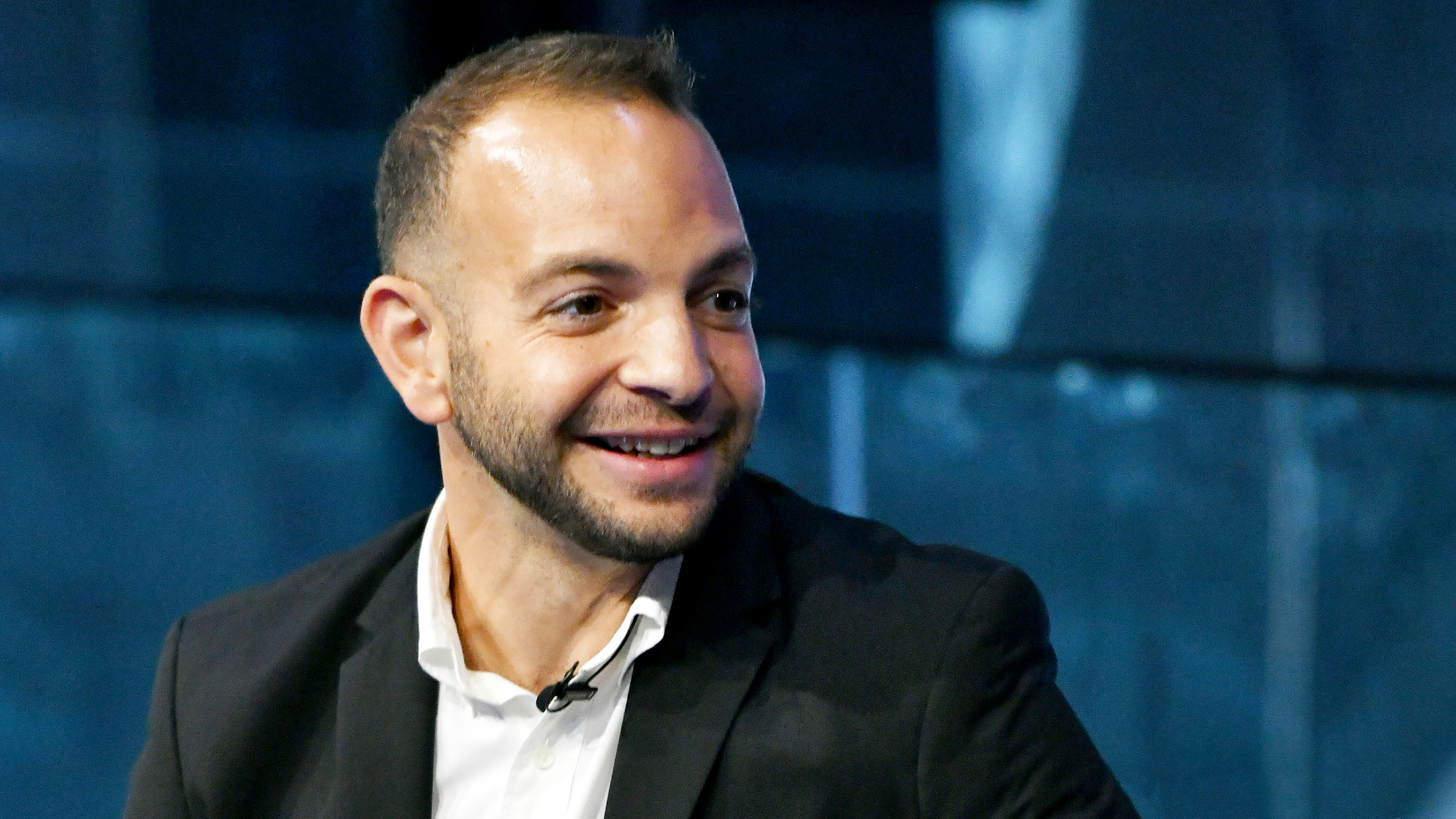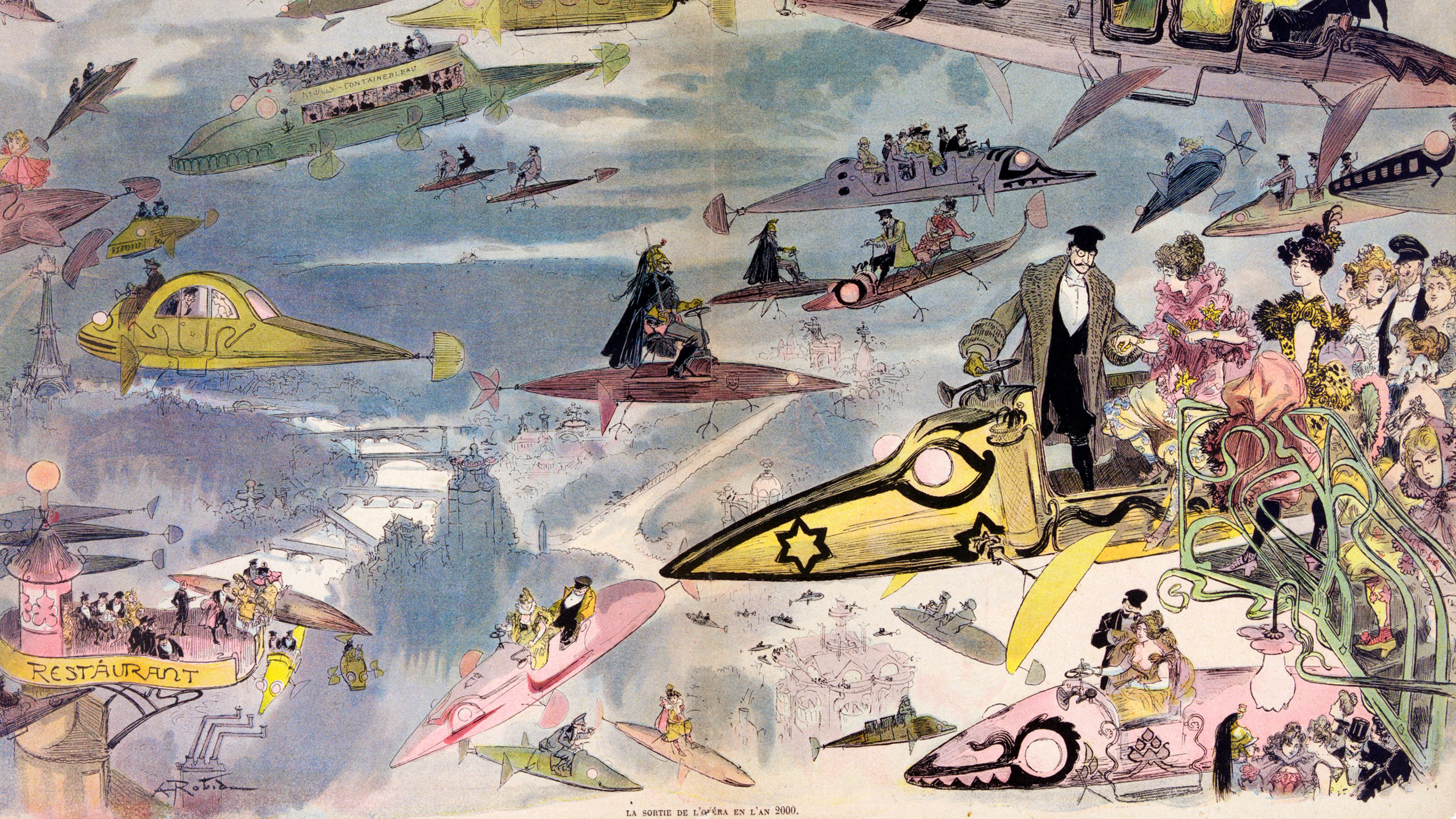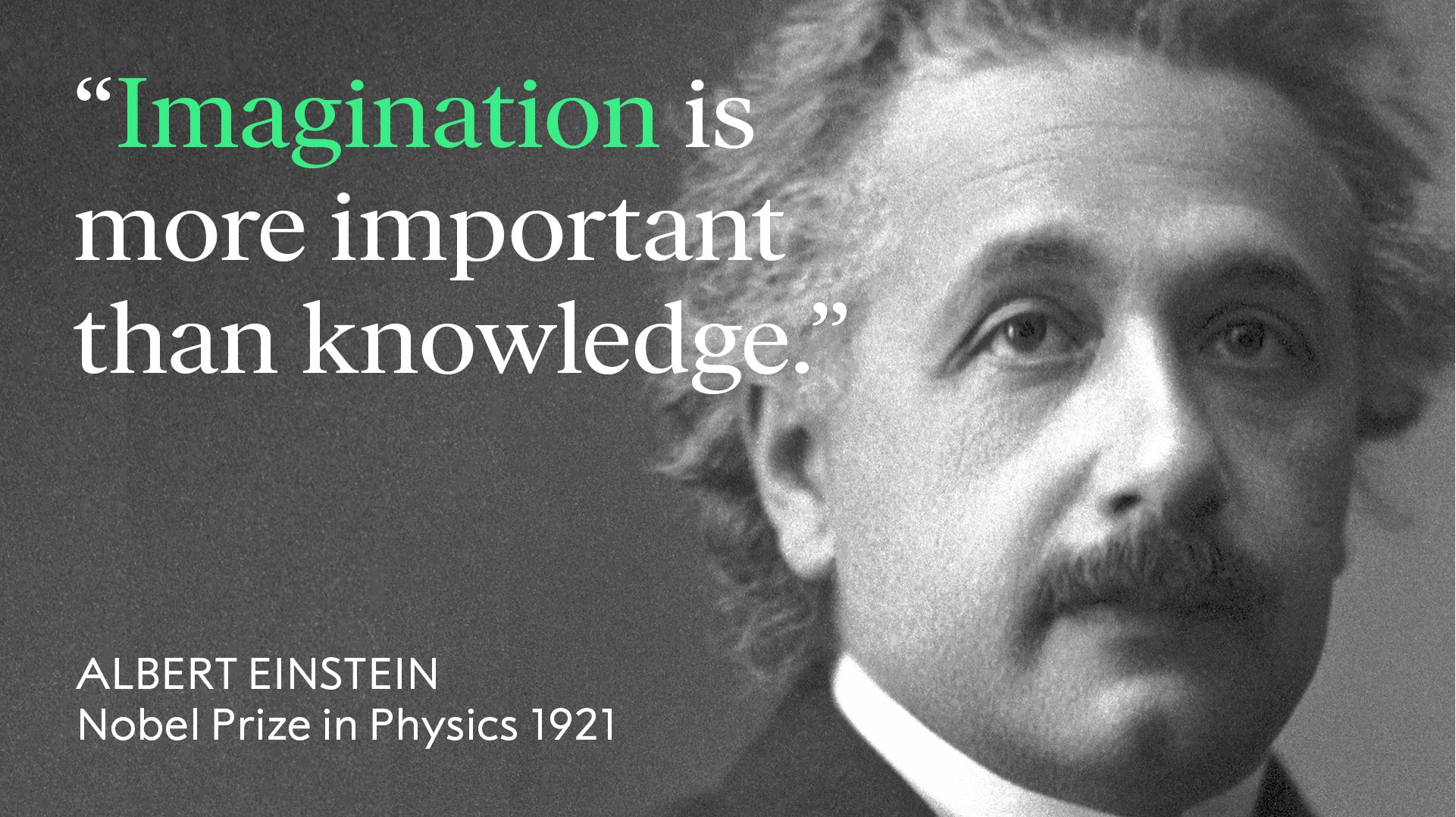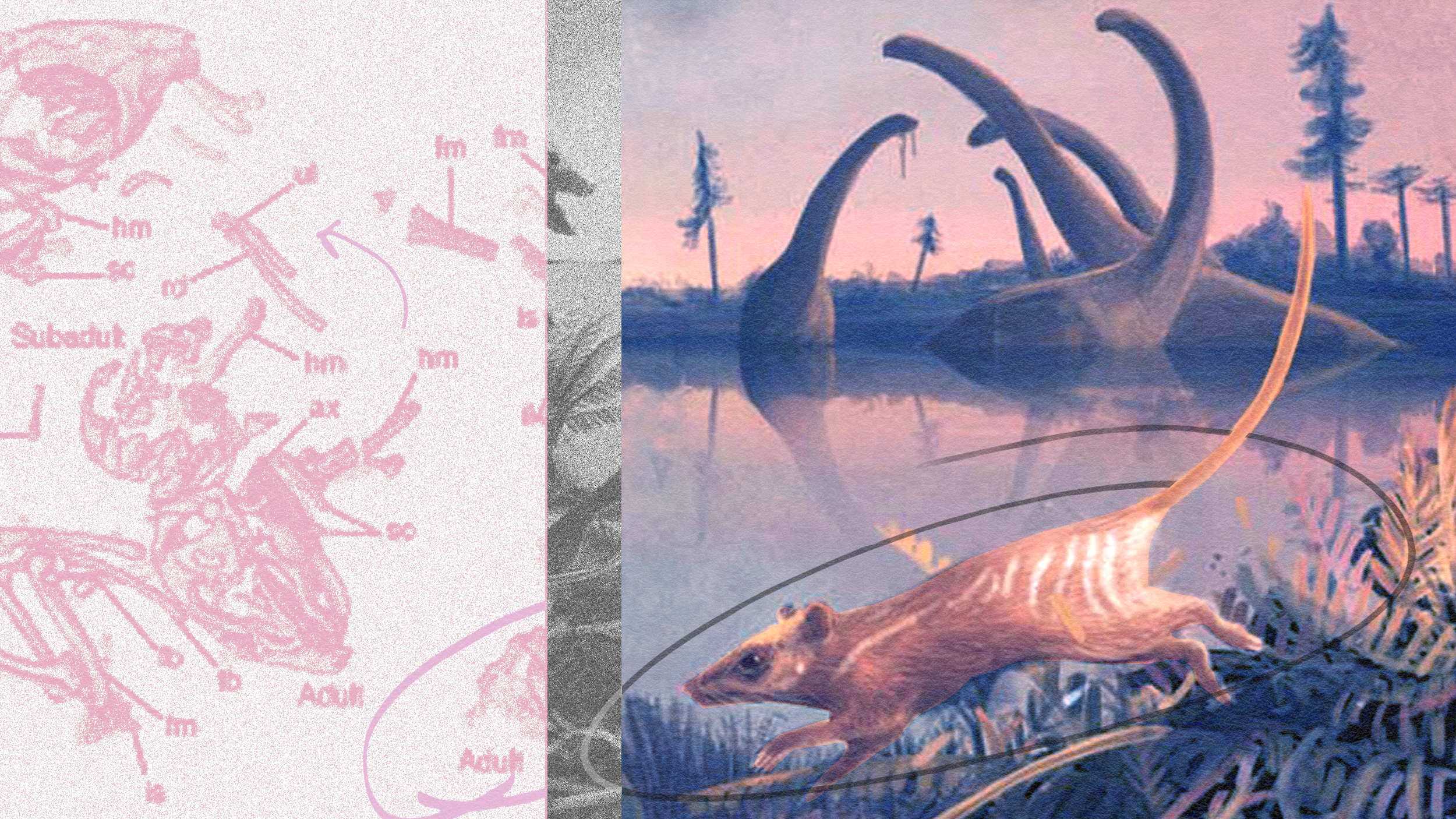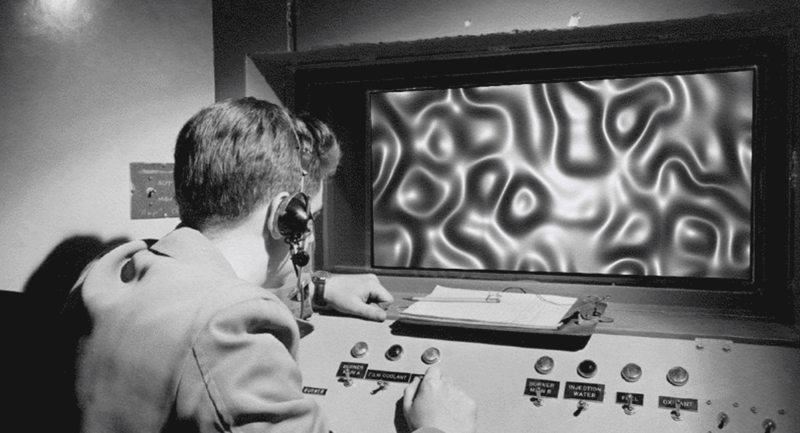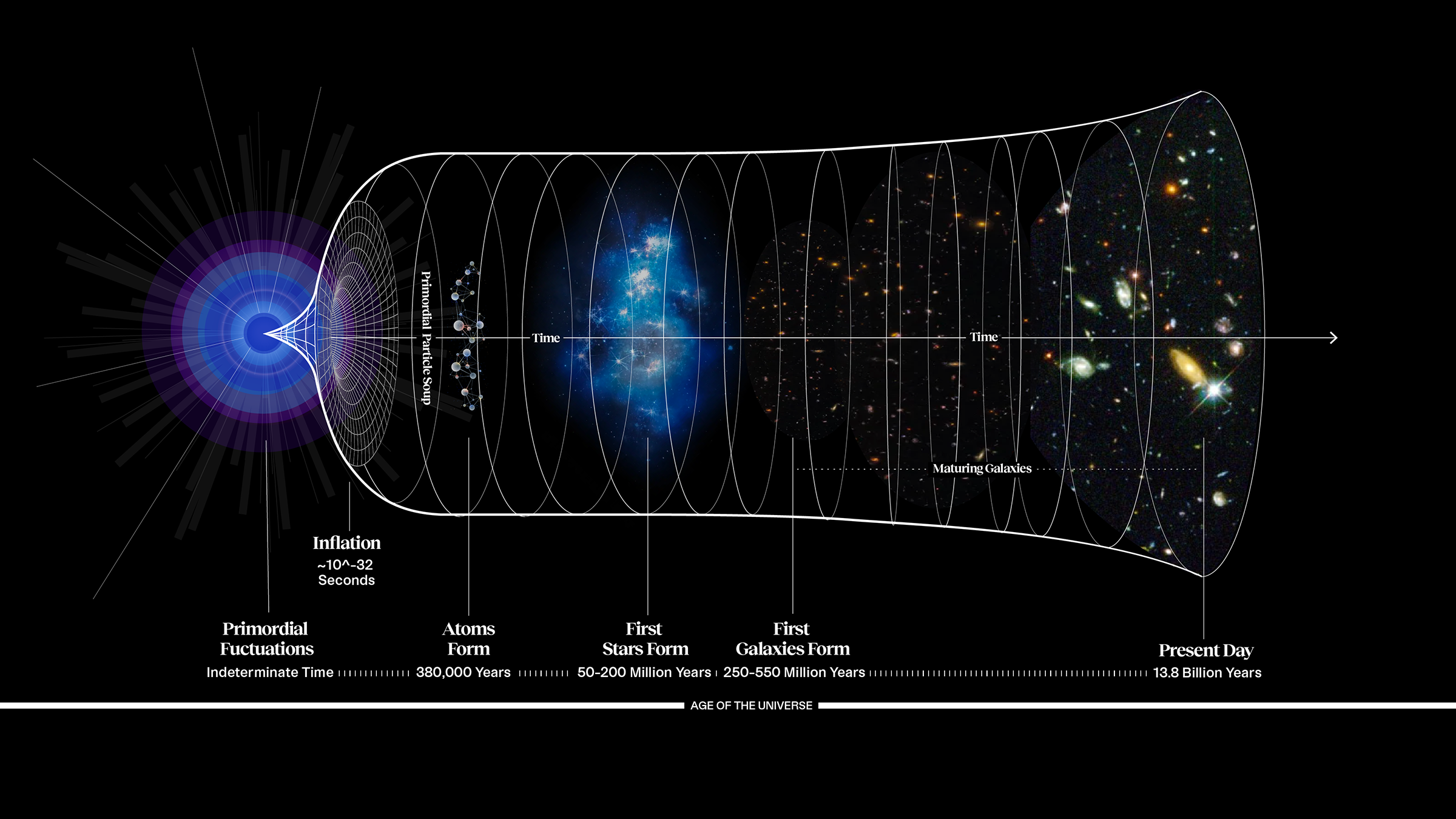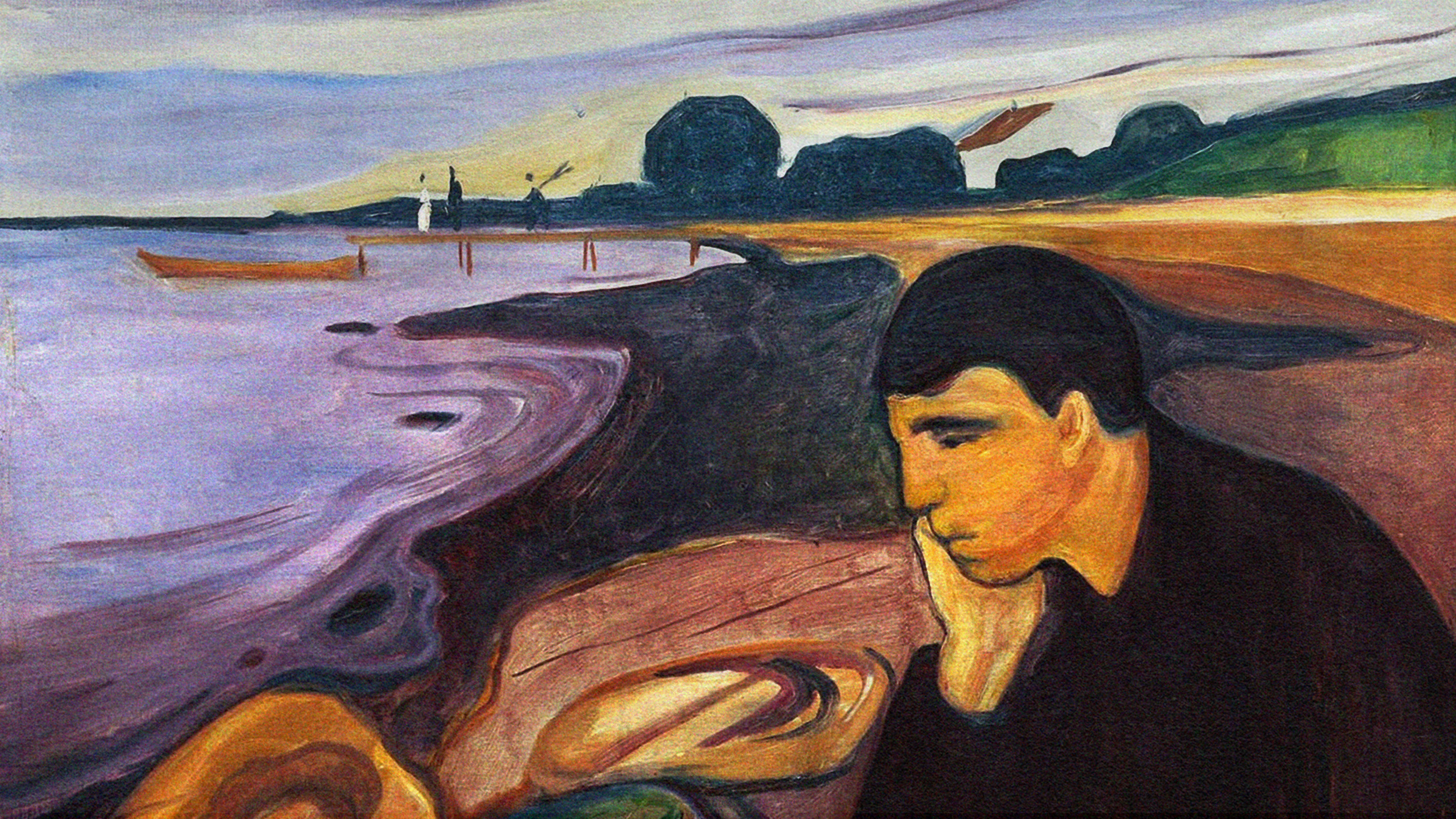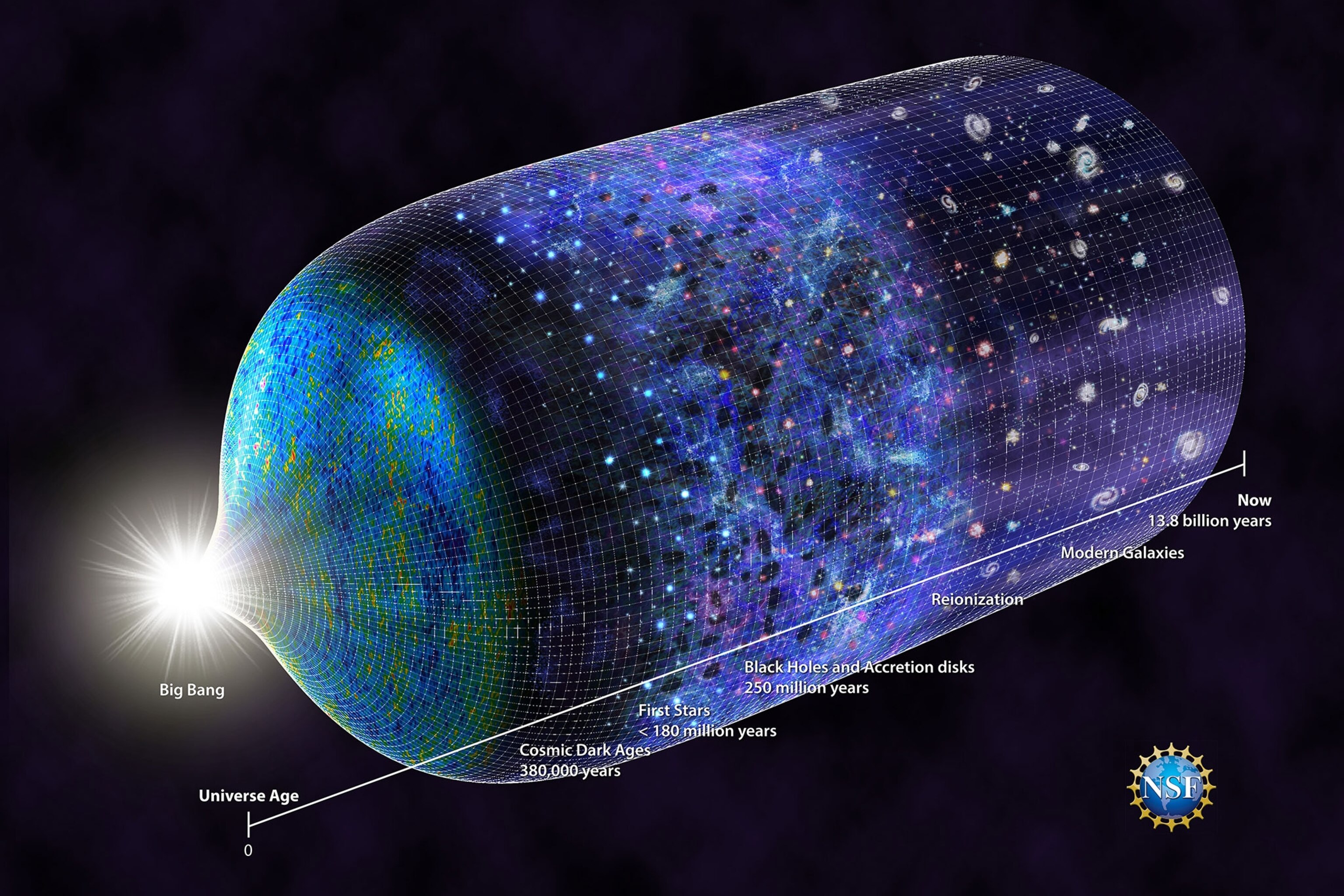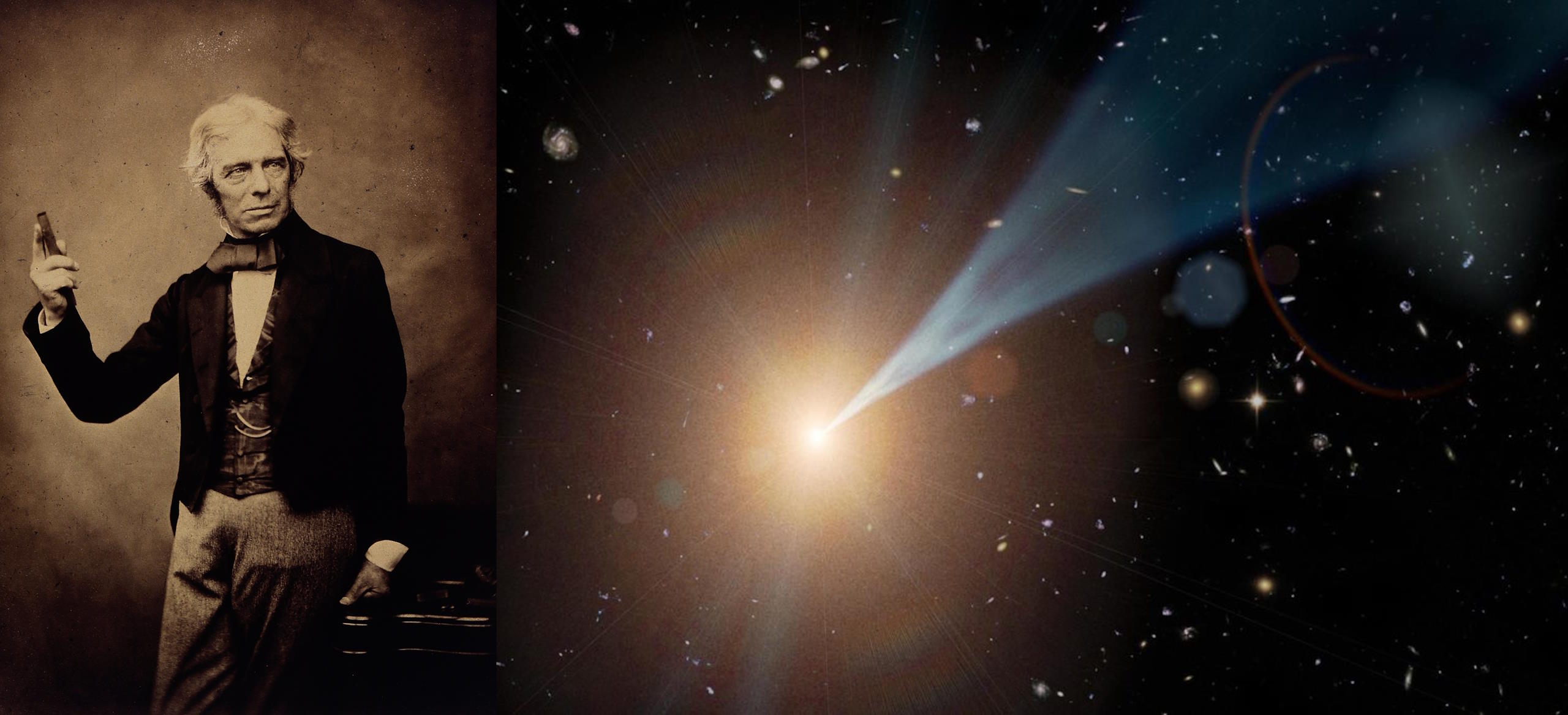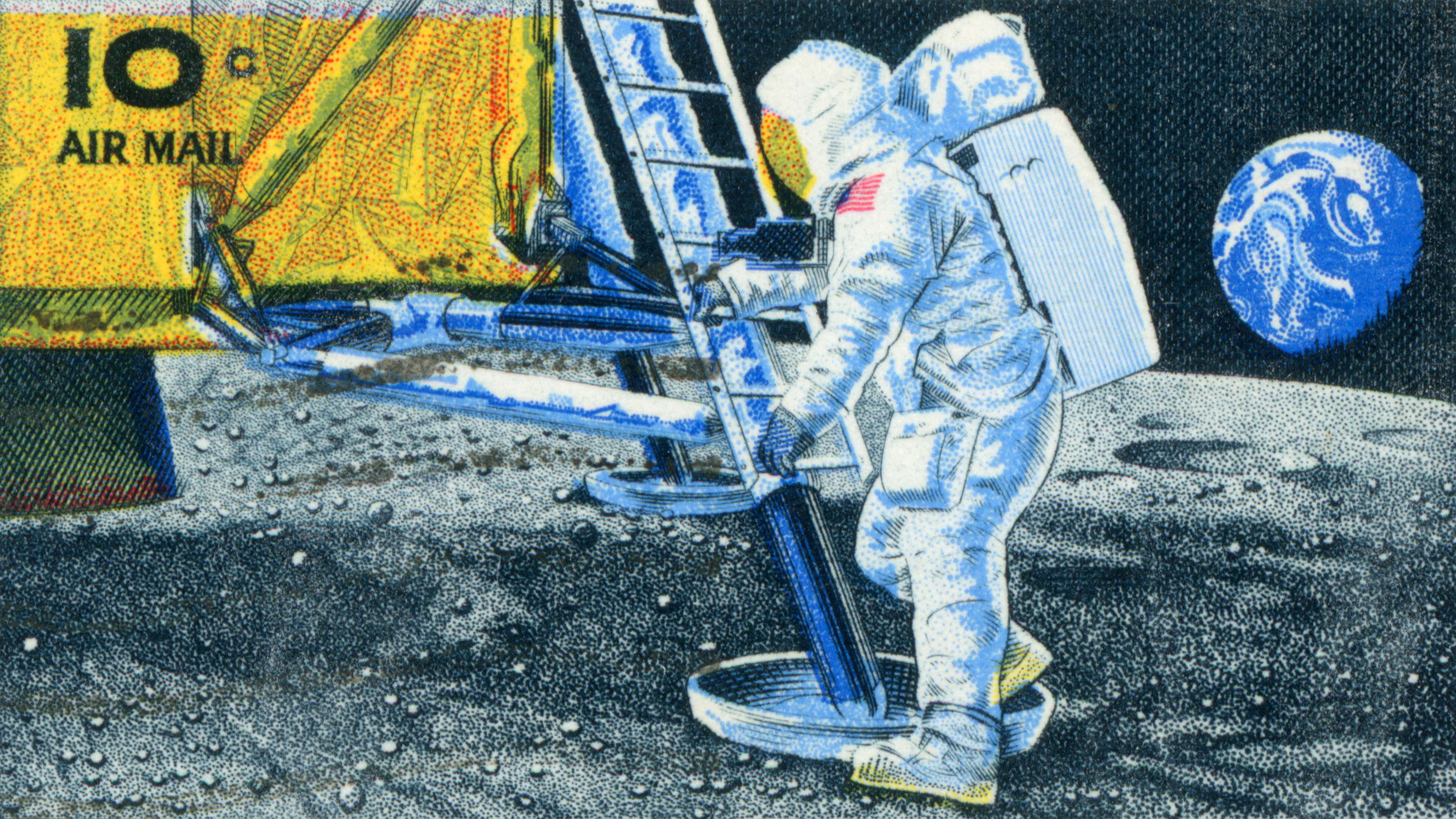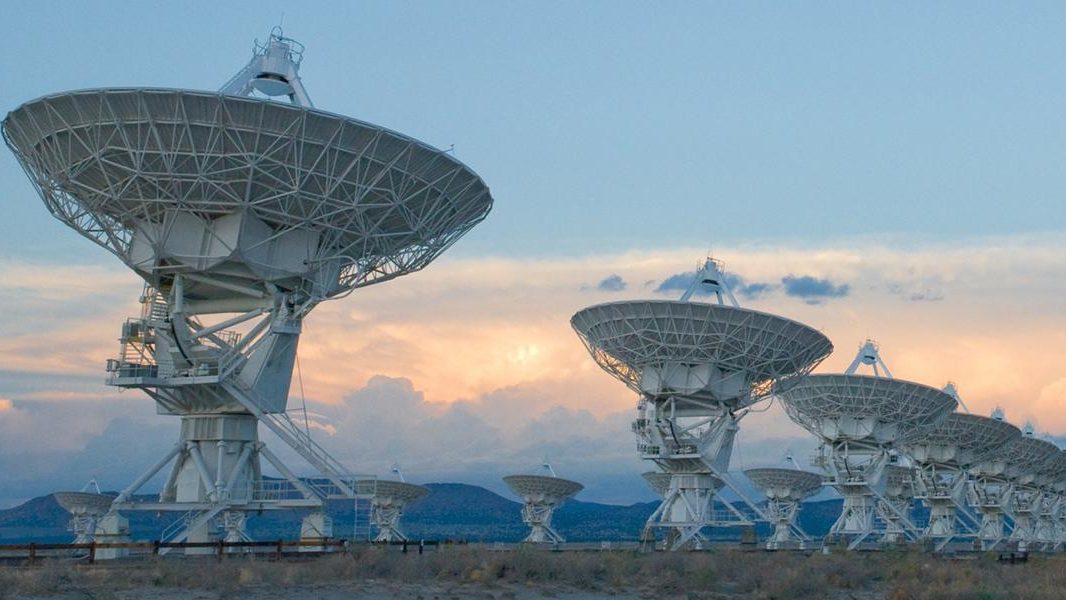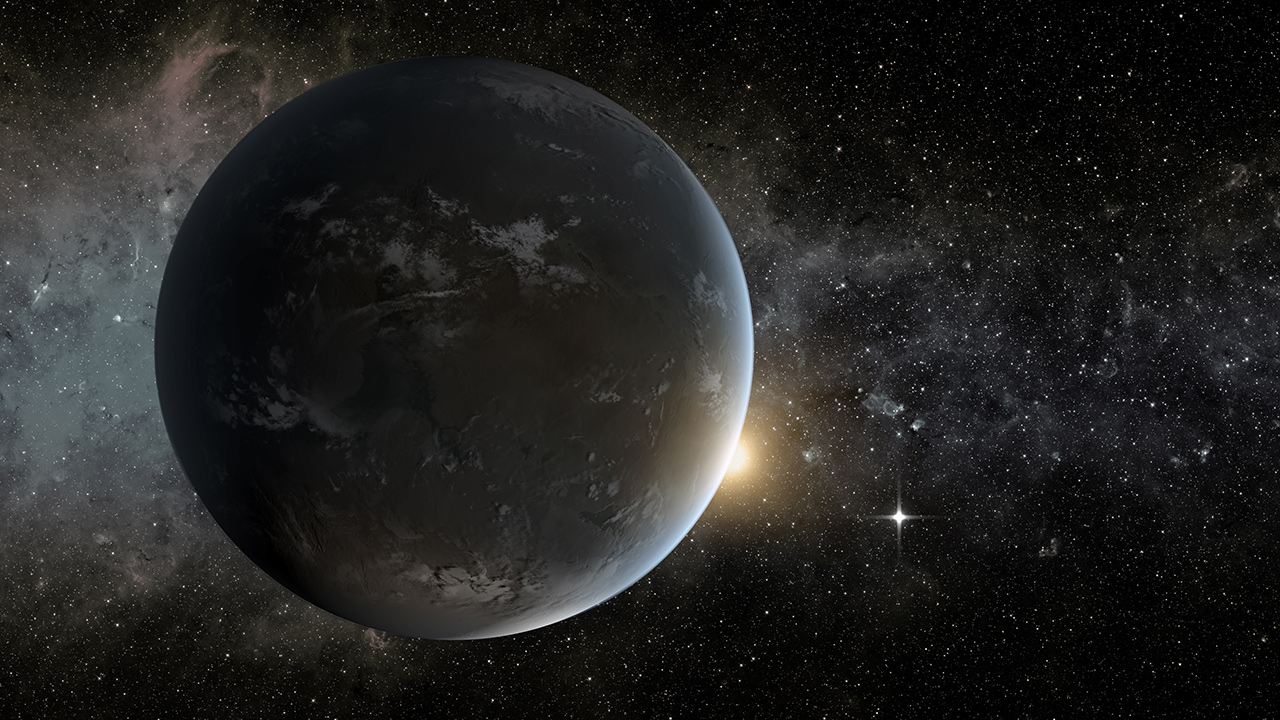It is easy to underestimate how much the world can change within a lifetime.
Search Results
You searched for: Imagin today
When ancient humans stared into the darkness, they imagined monsters. Today, staring into the future, AI is the monster.
If we manage to avoid a large catastrophe, we are living at the early beginnings of human history.
We will have a better shot at improving our lives once we come to understand, know, and love the people we will one day become.
Man does not live by measurement alone.
For well over a century, engineers have proposed harnessing the ocean’s tides for energy. But the idea hasn’t seemed to register in many places.
Or are cults the religions we find distasteful?
The Reitoff principle gives us permission to “write off” a day and intentionally step away from achieving anything.
“Imagination is more important than knowledge” is often taken to mean that your conceptions outweigh what’s real. That’s not what he said.
The problem with today’s AI isn’t it thinking for itself; it’s the tech telling humans whatever we want to hear.
Although mammals may be the dominant form of life today, we’re relative newcomers on planet Earth. Here’s our place in natural history.
Admitting that we know little about our future selves can radically improve our decision-making.
We can address the misalignment between the current leadership reality and traditional leadership practices with a simple formula.
Lynda Gratton, a professor of management practice at the London Business School, explains how business leaders can navigate a future in constant flux.
Do grim sci-fi scenarios crush our hopes for real-world growth? Author Michael Harris looks elsewhere to unblock the road to a better future.
Traveling back in time is a staple of science fiction movies. But according to Einstein, it’s a physical possibility that’s truly allowed.
Cosmic inflation is the state that preceded and set up the hot Big Bang. Here’s what the Universe was like during that time period.
The Universe didn’t begin with a bang, but with an inflationary “whoosh” that came before. Here are the biggest questions that still remain.
Forgetting and misremembering are the building blocks of creativity and imagination.
While weltschmerz — literally “world-pain” — may be unpleasant, it can also spur us to change things for the better.
It’s not about particle-antiparticle pairs falling into or escaping from a black hole. A deeper explanation alters our view of reality.
In the 20th century, many options abounded as to our cosmic origins. Today, only the Big Bang survives, thanks to this critical evidence.
From the earliest stages of the hot Big Bang (and even before) to our dark energy-dominated present, how and when did the Universe grow up?
Michael Faraday’s 1834 law of induction was the key experiment behind the eventual discovery of relativity. Einstein admitted it himself.
In the spirit of the 1969 moon landing, we now have a golden opportunity to pursue “nondisruptive” creative solutions.
The sharpest optical images, for now, come from the Hubble Space Telescope. A ground-based technique can make images over 100 times sharper.
The management of fear is a core leadership skill in today’s globalized world — and the task is not as daunting as you might expect.
When you do something with all your heart and mind, you do it with “meraki.” When we lack this feeling, it can lead to burnout.
All the things that surround and compose us didn’t always exist. But describing their origin depends on what ‘nothing’ means.
In 2023, data from the James Webb Space Telescope soured hopes that TRAPPIST-1 c had an atmosphere. That disappointment might have been premature.

